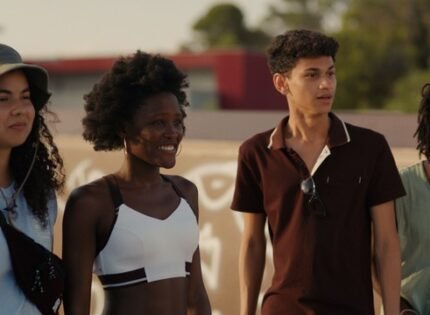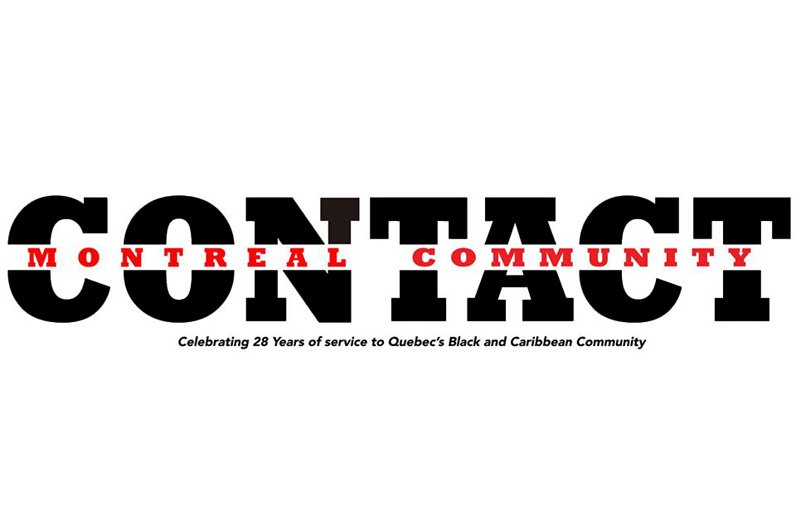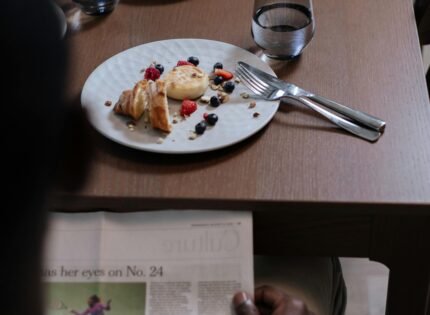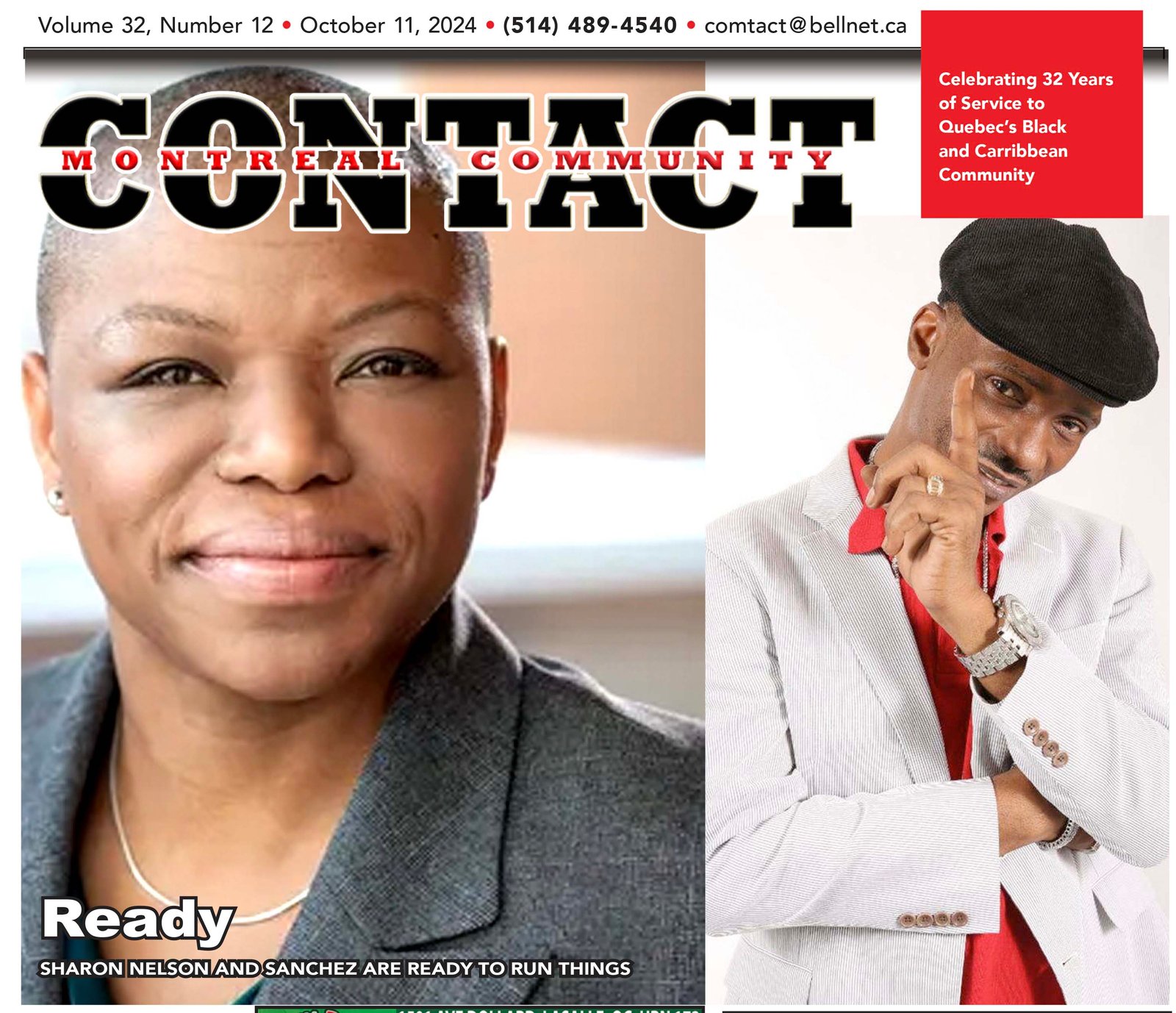Damning report on T.O police and racial profiling
Rosie Awori (Local Journalism Initiative)
Coming hot of the heels of Montreal’s report on racism, the Ontario Human Rights Commission (OHRC) released a new report that shows that Black people are far more likely to be stopped by the police than their white counterparts.
The report, which is the second interim report in the OHRC’s inquiry into racial profiling and discrimination, includes an analysis of Toronto Police Service data from 2013 to 2017. The commission launched its inquiry in November 2017 and released its first interim report the following year.
The first interim report found that between 2013 and 2017, a Black person in Toronto was 20 times more likely to be shot and killed by police than a white person. Furthermore, the inquiry also found that officers sometimes lacked a legal basis for stopping or detaining Black people, searched them without justification and made unnecessary arrests and laid unnecessary charges.
In the wake of George Floyd’s brutal murder, Toronto has seen numerous protests and Black Lives Matter rallies in solidarity with those in the states but also crying out for justice and equality for the Black and Brown people within.
“The results … are highly disturbing, and confirm what Black communities have said for decades — that Black people bear a disproportionate burden of law enforcement,” the commission wrote in a news release.
The study found that although Black people make up only 8.8 per cent of Toronto’s population, they represent almost 32 per cent of people charged, while white people and other racialized groups were underrepresented.
The findings of the report are frighteningly familiar. They stop short of showing a pattern of behaviour of the realities Blacks are facing in Canada. It’s frightening to note that the Black population remain grossly overrepresented in lower-level charges where officers have significant discretion in deciding whether to lay a charge.
Specifically, the report found that although Black people represented 8.8 per cent of Toronto’s population in 2016:
• They represented 32.4 per cent of all charges reviewed
• They were 3.9 times more likely than White people and 7.1 times more likely than other racialized groups to be represented in all charges
• They made up 42.5 per cent of those charged with obstruction of justice (misleading a police officer, refusing to provide evidence, falsely accusing another person of a crime)
• They represented 35.2 per cent of those charged with driving offences where the officer may have observed the driver’s race before deciding to stop them or check their licence plate
• They were 4.3 times more likely than White people to be charged with cannabis possession and 3.2 times more likely to be charged with possession of other drugs, even though many studies have demonstrated Black people do not use drugs more than other racial groups
• ºBlack males represented four per cent of Toronto’s population in 2016, but represented almost one-third (29.1 per cent) of all charges
They findings haven’t come as a surprise to many in the six. Racial justice lawyer Anthony Morgan, manager of the City of Toronto’s Confronting Anti-Black Racism Unit, is quoted as saying that Black communities and their allies don’t need another report showing the systemic problems with policing in Toronto.
“None of the findings in these reports are a shock or really a surprise,” Morgan said.
Instead, he said, this report is for policy makers, politicians and people in positions of power in the justice system, and he hopes it will be discussed at length by people in those roles.














